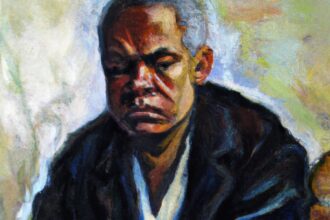In today’s society, slavery is commonly acknowledged as one of the biggest misdeeds in history, marking the African people with unspeakable sufferings and hardships. Few people (Western and African alike), however, really put the emphasis on the social, political and economic impacts that slavery had on the fate of the African diaspora or push for further public debate on the subject matter (De Jong, 2010, p. 320). What remains is the silence. Yet, behind this silence lie challenging problems and historical burdens that African societies still have to grapple with, whether it be their dependency on the European market, issues of mistrust within their own communities or their involvement in the transatlantic slave trade or even African domestic slavery.

Instead of focusing on the history of slavery per se, this essay takes a more contemporary approach and concentrates on its long-lasting consequences: the silence and the challenges aforementioned as the remnants of a colonial era dominated by Europe. The legacy of the slave trade is, in fact, more multifaceted than plain silence. It affects the descendants of Africa who still live on African soil as well as those who have long become part of another nation like African-Americans. De Jong (2010) discusses the memory of the slave trade and how, for instance, Ghanaian coastal residents minimize its effects on the construction of their identities.
Read Full Article. View All News. Subscribe Today!
Enjoy 3 Days Free Trial Cancel anytime.
















